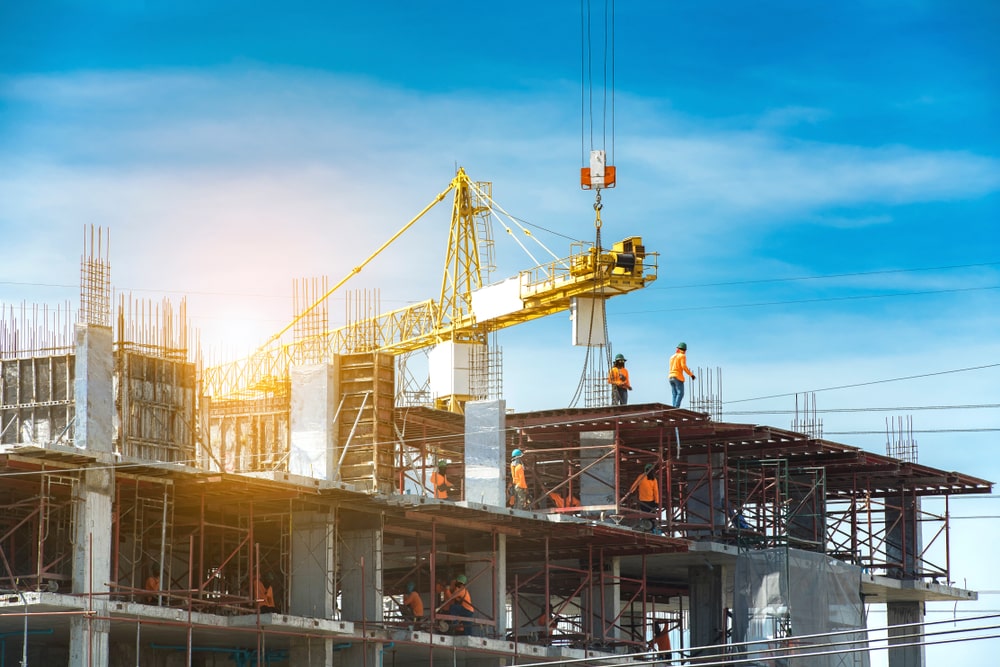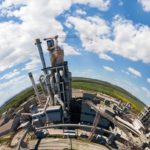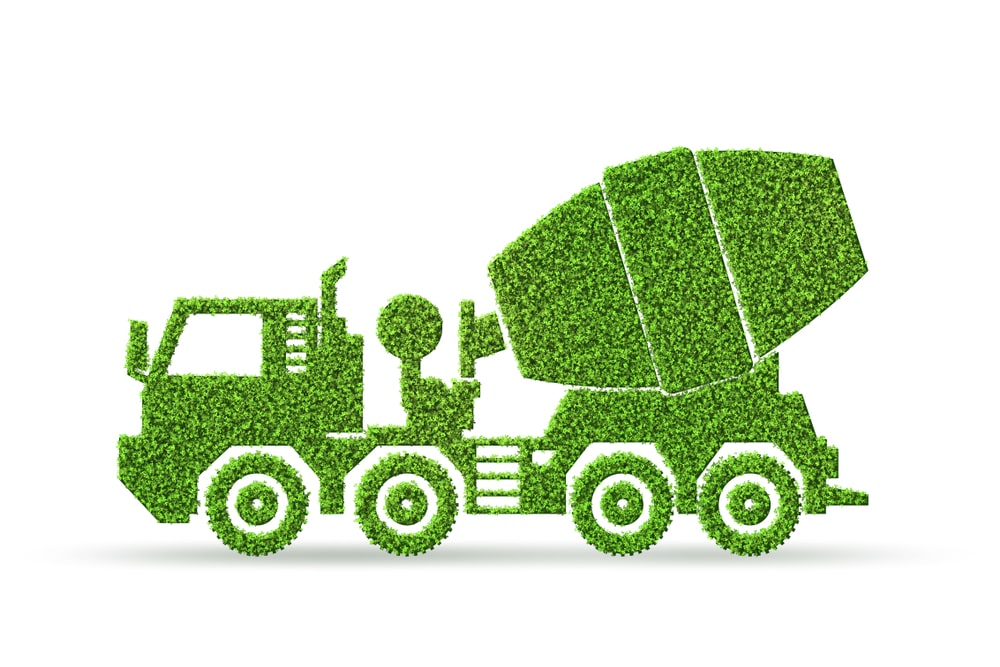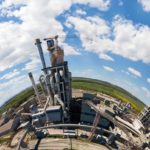News - Construction News
Global Call by the President of the World Cement Association

The 2023 UN Climate Change Conference (COP28) concluded in Dubai with an historic agreement , reflecting the strong global consensus that responding to climate change is critical and urgent. The achievement of this conference sends a strong signal about the need to address climate change in a spirit of greater solidarity and more positive action.
Wei Rushan, WCA President of the World Cement Association sends out a global call following the conference to promote: “Low-Carbon Development of the Cement Industry through Enhanced Connectivity and Communication”.
He continues: The World Cement Association (WCA) endorses the COP28 agreement and has, since its inception, actively participated in the collective endeavour to create a better world for all.
As the need to address climate change has become more urgent, many industries around the world recognise low-carbon transition is the way forward. Accounting for 7% of global emissions, carbon emissions reduction and capture is a major challenge the cement industry must face head on, if it is to make progress towards achieving green and sustainable development.
Technologies and solutions like alternative raw materials and fuels, upgrading processes and equipment to enhance energy efficiency, clean and new energies and CCU’s are already widely applied in the global cement industry, and play a vital role in the cement industry’s zero-carbon transition.
Of course, different technologies and pathways are employed in different countries and regions, reflecting local geographic, market and economic conditions.
For example, the European cement industry uses around 50% alternative fuels, and the European producers have rich experience in this field. In Asia, especially in China, cement companies have been faster and more ambitious in adopting new technology R&D and application; for example China’s cement industry leads global peers in solar power and waste heat recovery (WHR) technologies.
Naturally, there is much we can learn from one another, to the benefit of all. Asia leads in developing state-of-the-art cement production technology, with European companies actively investing in cutting-edge cement plants mainly manufactured in China.
Despite these advances, an evident disparity exists in the allocation of public funding for emerging technologies like carbon capture projects, with a significant majority directed toward developed countries.
This imbalance underscores the critical need for more research and development funding in emerging markets, where there is real demand for this kind of support as a crucial enabler of progress.
WCA members come from both developed countries and developing ones. We not only have cement and clinker producers as our members, but also engineering companies, technology providers and equipment suppliers. Via the WCA platform, members stay connected, communicate new ideas and key developments, and share carbon-reduction technologies, information and best practices.
Following the principle of sharing, and fostering win-win cooperation in an open and inclusive way, WCA will continue to proactively promote exchanges and collaborations in response to climate change.
We will join hands with our members and stakeholders to advance the low-carbon and sustainable development of the industry and contribute to building a clean, safe and beautiful world.
If you would like to read more stories like this, then please click here
Related Articles
More News
- New £39Bn Social and Affordable Homes Programme
14 Jul 25
Hundreds of thousands of social and affordable homes, including 60% for social rent.
- UK Introduces New Trade Measures to Support Steel Sector
11 Jul 25
Steel producers across the UK will benefit from stronger trade measures from 1 July.
- Clean energy future to be ‘built in Britain’
10 Jul 25
The Clean Energy Industries Sector Plan comes into force to ‘build it in Britain’.






